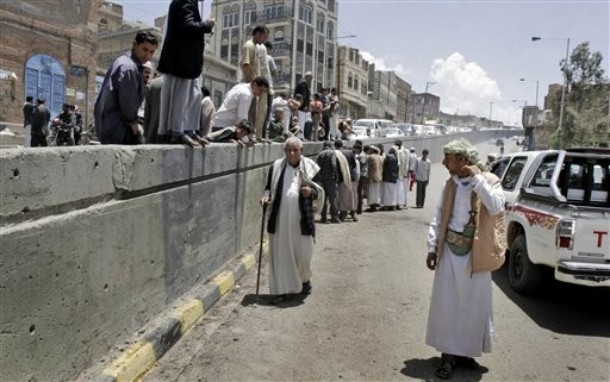How the Internet serves as a virtual safe haven.

The New York Times' Eric Schmitt and Eric Lipton examine the role of charismatic Imams using the Internet to lure Muslims to the jihadist cause:
American military and law enforcement authorities said Thursday that the man accused in the bombing attempt, Umar Farouk Abdulmutallab, most likely had contacts with the cleric, Anwar al-Awlaki, whom investigators have also named as having exchanged e-mail messages with Maj. Nidal Malik Hasan, an American Army psychiatrist charged with killing 13 people in a shooting rampage in November at Fort Hood, Tex.
Speaking in eloquent, often colloquial, English, Mr. Awlaki and other Internet imams from the Middle East to Britain offer a televangelistâ??s persuasive message of faith, purpose and a way forward, for both the young and as yet uncommitted, as well as for the most devout worshipers ready to take the next step, to jihad, officials say.
â??People across the spectrum of radicalism can gravitate to them, if theyâ??re just dipping their toe in or theyâ??re hard core,â? said Jarret Brachman, author of â??Global Jihadism: Theory and Practiceâ? (Routledge, 2008) and a consultant to the United States government about terrorism. â??The most important thing they do is take very complex ideological thoughts and make them simple, with clear guidelines on how to follow Islamic law.â?
The events of the last two weeks - both the Christmas bomb plot and the emergence of Yemen as a terror safe haven (and a reminder of London's role in the radicalization process), have cast the argument that it's vital to state-build in Afghanistan to defend the U.S. from jihadist terrorism in a new, and unflattering, light. At a minimum, it puts the question of just how many of our counter-terrorism eggs we need to be putting in the AfPak basket vs. other theaters.
(AP Photos)











